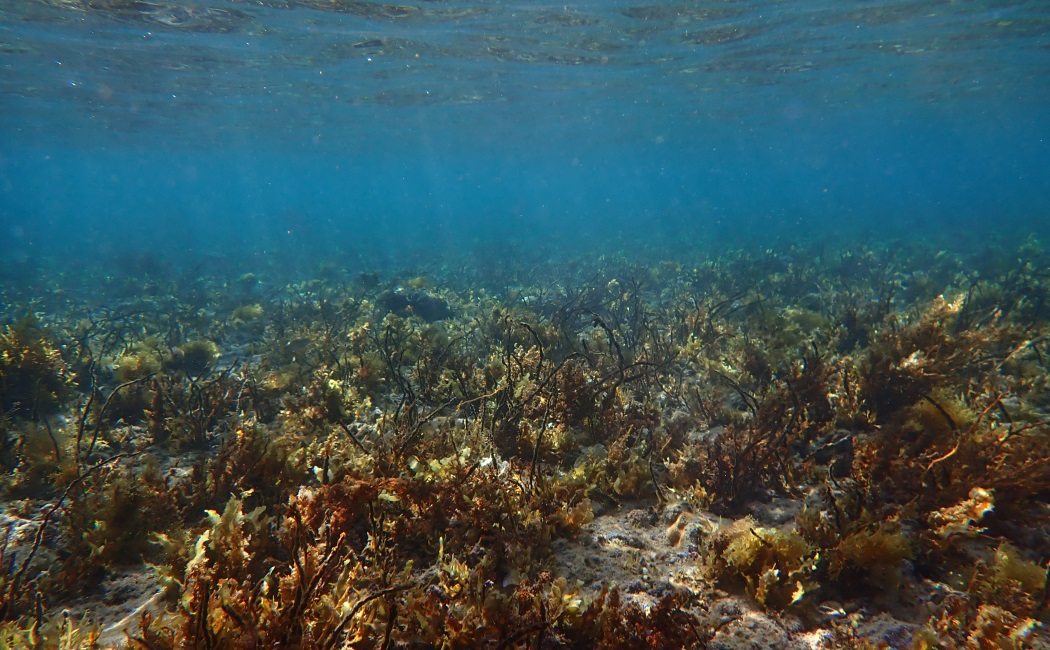
06 December, 2024
Professor Duarte recently released his view on the key role of seaweed farming in the regenerative blue economy for Arabnews.
As Saudi Arabia leads efforts in regenerative blue economy initiatives, a significant focus is shifting to seaweed—a long-underutilized marine resource. With over 200 seaweed species identified in the Red Sea, including a remarkable 10% endemic to the region, the Kingdom is exploring the potential of this "Swiss army knife" of marine biotechnology.
Seaweed farming offers a sustainable and regenerative approach to marine aquaculture, removing excess nutrients and carbon dioxide from seawater while providing habitats for marine life. The Red Sea algae Laurencia has already yielded promising pharmaceutical compounds named "Thuwalallenes," thanks to research at King Abdullah University of Science and Technology (KAUST). Another species, Asparagopsis, demonstrates potential to reduce methane emissions from livestock, highlighting its role in combating climate change.
This emerging sector aligns with Saudi Arabia's Vision 2030, supported by projects like Red Sea Global, and presents vast opportunities for innovation in nutrition, cosmetics, biofuels, and biotechnology. With its natural biodiversity, the Red Sea is poised to become a hub for sustainable seaweed farming, advancing environmental and economic goals.